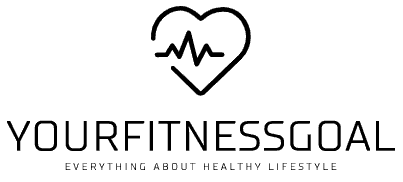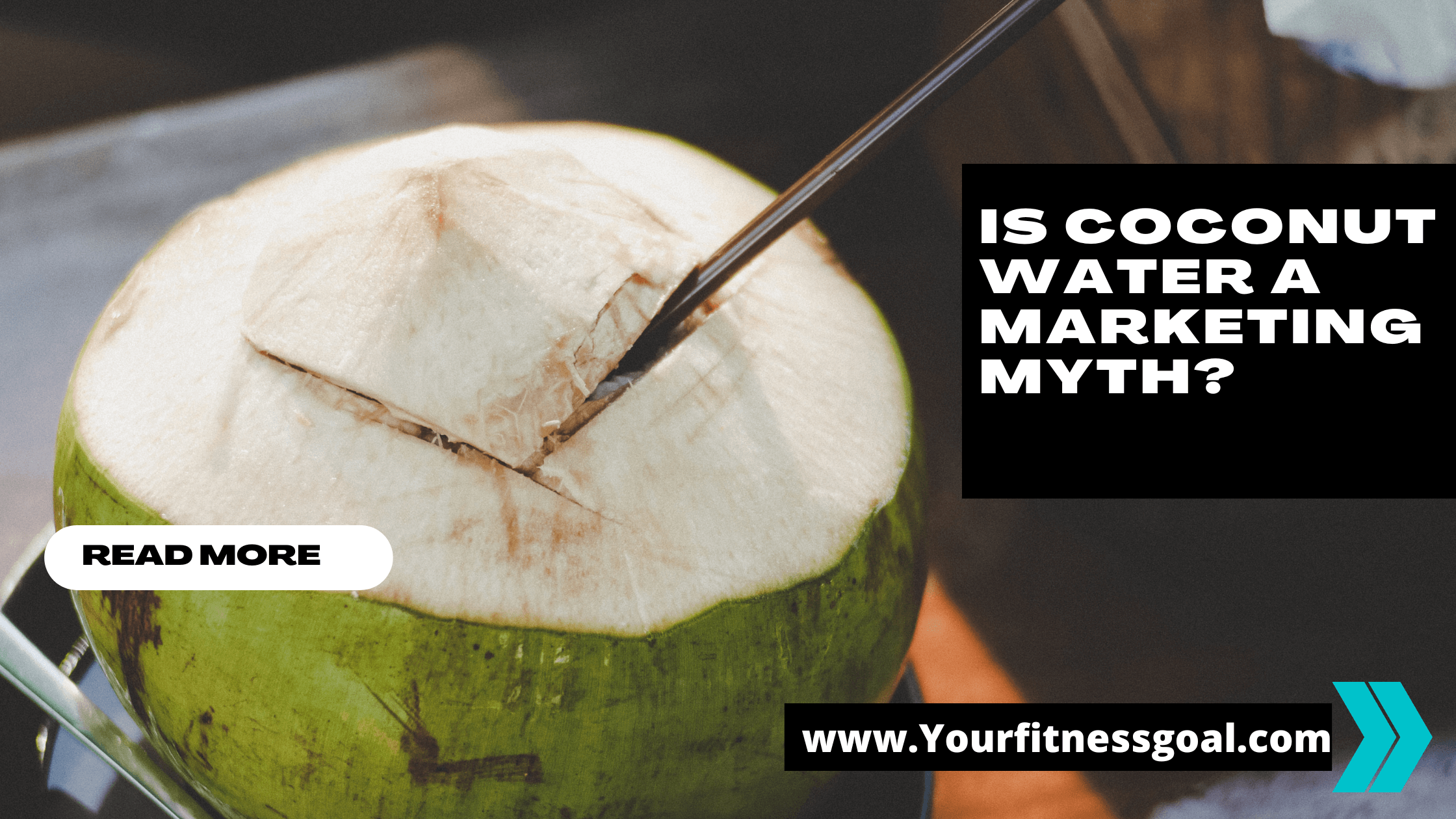Back when I was a nipper, 25 years before iTunes took off, my parents had turntables that played old 78rpm records that the family kept.
His one such geriatric disc was Coconut Woman by Harry Belafonte, first released in 1957.
I remember spinning old discs that were warped and scratched and hearing about the wonders of coconut water. How it makes you strong like a lion and how you get your daughter to drink it because it’s good for her.
Fast forward to the present with all the hype surrounding the wonders of coconut water and the health benefits it brings.
An old Harry song played in my head again and I decided to decipher the humble coconut, bringing my background in organic chemistry to see if coconut water could stand up to scientific scrutiny. . Or is it all myth and magic?
What is Coconut Water?
He’s one of the fastest growing food categories in the UK, with US sales up almost 200%. Madonna poured her $1.5 million into the Vita Coco brand, Demi Moore and Matthew McConaughey did the same, and Coca his Coke and PepsiCo went into action.
From a pure marketing perspective, offers were identified and brand values matched with the target group. It is touted as “Nature’s sports drink” and is trending upwards.
Coconut water is different from coconut milk. Coconut water is the clear liquid found in young green coconuts. As the coconut matures, the water returns to the white coconut flesh. Coconut milk is made by grating and emulsifying the white flesh of the coconut. Coconut water has a nutty, slightly sweet taste that quenches your thirst. It’s delicious straight from the coconut.
It is reportedly a completely natural way to consume and add potassium and other electrolytes to your diet.
A large portion of the general population does not get enough potassium in their diet. Since they do not eat enough fruits, vegetables, or dairy products, coconut water fills the nutritional gap and replenishes electrolyte levels. It is useful But if you eat a healthy diet, you can get far more nutrients and electrolytes from your diet than coconut water can provide. More on that later.
Electrolytes, why do we need them?
The human body is one big organic battery. serious. Our blood and cells are filled with sodium, potassium, and other elements and compounds that make up a group of substances known as electrolytes.
They are important for cells to generate energy, maintain wall stability, and function in general. They generate electricity, cause muscles to contract, move water and fluids around the body, and are involved in many other vital parts of the body.
Our muscles and neurons are considered the body’s electrical tissue. They are activated by electrolyte activity between intracellular and intercellular fluids. In addition, our heart, muscles, and nerve cells use electrolytes to maintain voltage across cell membranes and transmit electrical impulses through themselves to other cells.
Abnormal electrolyte levels can lead to weak muscles or tight muscle contractions. In any case, your body will not be able to function efficiently.
When you get stuck in an intense workout, your body naturally excretes electrolytes through sweating, so you need to replenish your electrolyte levels. Otherwise, performance will be affected.
The key here is that you need to complete longer and more intense training sessions. If you’re doing moderate training, you’re not fully utilizing your stored electrolytes, so you probably won’t need to replenish these electrolytes.
Also checkout, what causes armpit fat
The truth about coconut water
There’s a lot of hype surrounding coconut water. Like water, it keeps you hydrated post-workout.
It also contains electrolytes and sugars so you can replenish your stores after strenuous exercise, but the amount of electrolytes it contains is rather low. Probably as much as a sports drink. Most recreational athletes do not train to the point of exhaustion, so electrolyte replacement is not required and plain water provides the necessary hydration.
As for the long list of ailments and ailments that coconut milk is said to cure, well, that’s bullshit.
So what does this mean?
It is scientifically incorrect to assume the above values as intake thresholds, as all of the above ingredients are in 100ml of coconut water. An average serving is 300ml, so:
The RDA (Recommended Daily Allowance) is her daily allowance of nutrients, which is considered to meet her needs in 97.5% of healthy individuals of all life stages and gender groups. Minimum dietary intake.
They are the absolute base levels an average person needs to stay healthy and function properly.
It is much better to exceed these levels in your diet, especially if you are physically active, but do not exceed your tolerable upper intake limit. This can be 3, 4, 5, or 10 times the recommended amount depending on her daily dose of the mineral. setting.
As you can see from the chart above, coconut water doesn’t make much of a difference in RDA, which is the bare minimum you need anyway.
Coconut water is marketed as a very healthy and nutritious post-workout thirst quencher, but its restorative properties are greatly overstated.
Compared to many other fruits and vegetables, they are noticeably deficient in nutrients.
Coconut water is more of a lifestyle choice than a necessity for post-workout recovery.
If you enjoy the taste and are willing to spend money, coconut water is a harmless and relatively low-calorie way to add sodium and potassium to your diet to keep you hydrated.
It’s fine for a recreational athlete, but so is his drink of water and sports. As mentioned above, most adults do not exercise vigorously enough to require sports drinks or coconut water. Good old-fashioned water works well.
If you prefer to train at an intensity that guarantees electrolyte replenishment and use a method that’s more tailored to your exercise needs, then you’re probably doing what I do.
Most of the time, I don’t train to fully exhaust my cardio. Now that I’m lifting more weights and doing a Body Beast training regimen, the fatigue is primarily muscle and I’m not drinking heavily. of sweat.
I only drink water during and after these workouts. However, when you’re on the insane training trail, you need something special, especially in the second month.
Ignoring the coconut water hype, I dodge the expensive sports drink and grab a big glass of water. Throw in 50g of maltodextrin powder, dissolve the electrolyte tablet, and chug. I’m done with my work.
It’s much more effective, cheaper, and completely unfashionable!
Was this post helpful?
If you enjoyed this post, found it helpful, and found it useful to others as well, I would appreciate it if you could share it using the share icons below. thank you very much.
If you have any questions or comments you would like to share, please comment below – thank you.

Hey, y’all! I’m Akshay!
I’m SO excited you’re here! I’m super passionate about nutrition and specialize in teaching others how to lose weight through healthy, low-carb eating along with Yoga and exercises. Here at Yourfitnessgoal, we believe in quality over quantity and that diet is EVERYTHING when it comes to your health and well-being. In short, we believe in a Fit and healthy lifestyle.

